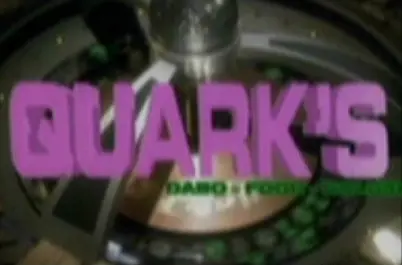

May I ask what your config was, such as distro, packaging format, and extensions were used? Also, what hardware?
Additionally, what issues specifically were you experiencing specifically? Were sites just loading slowly?
I ask because I’ve used recent versions Firefox on decently old hardware with 4 GB of RAM and 2 cores and had almost no problems. Everything rendered correctly and in a reasonable amount of time. I’d be curious to know why that isn’t happening for you.







All aboard the obscure Beta canon Weyoun variant train: